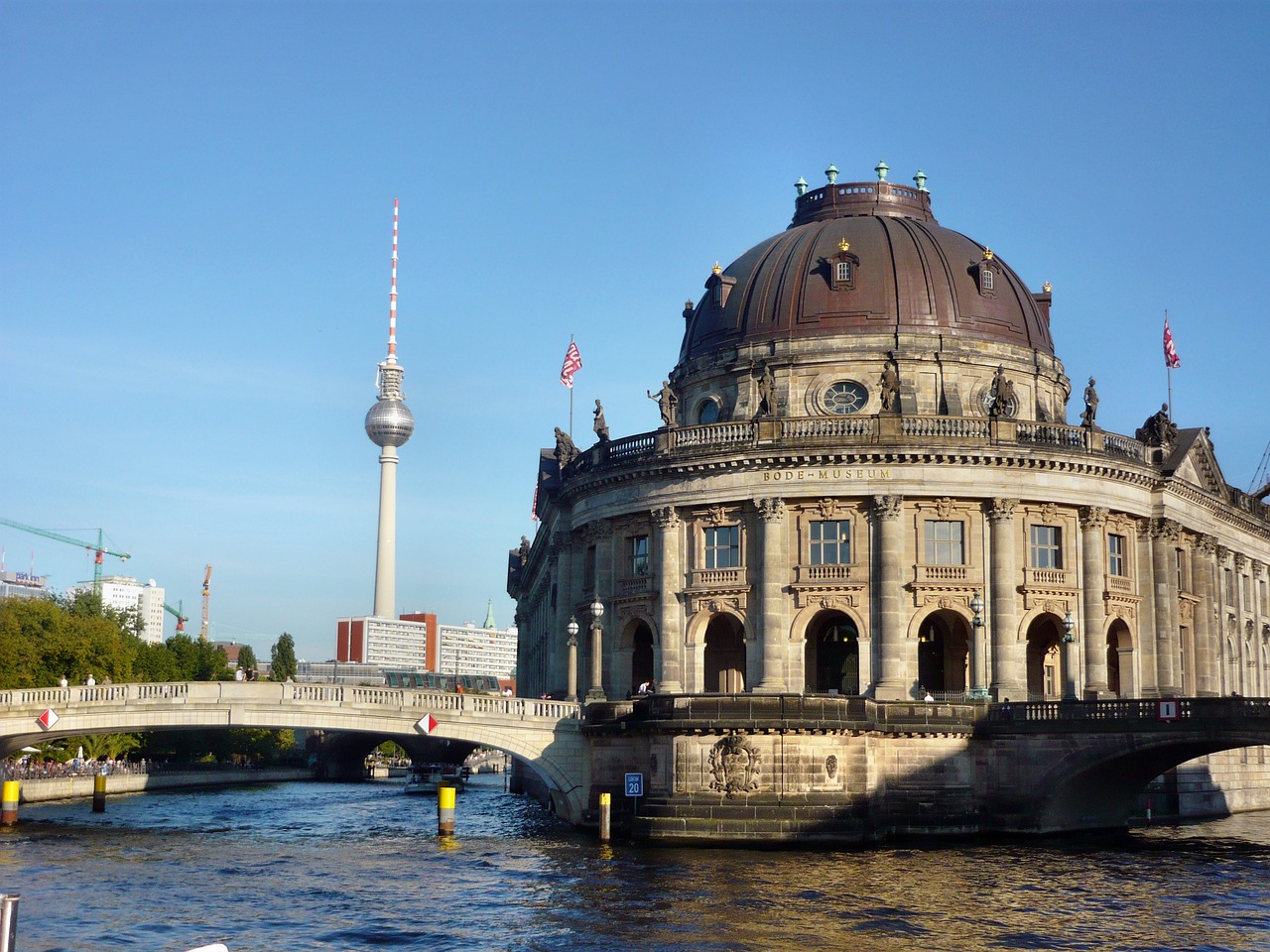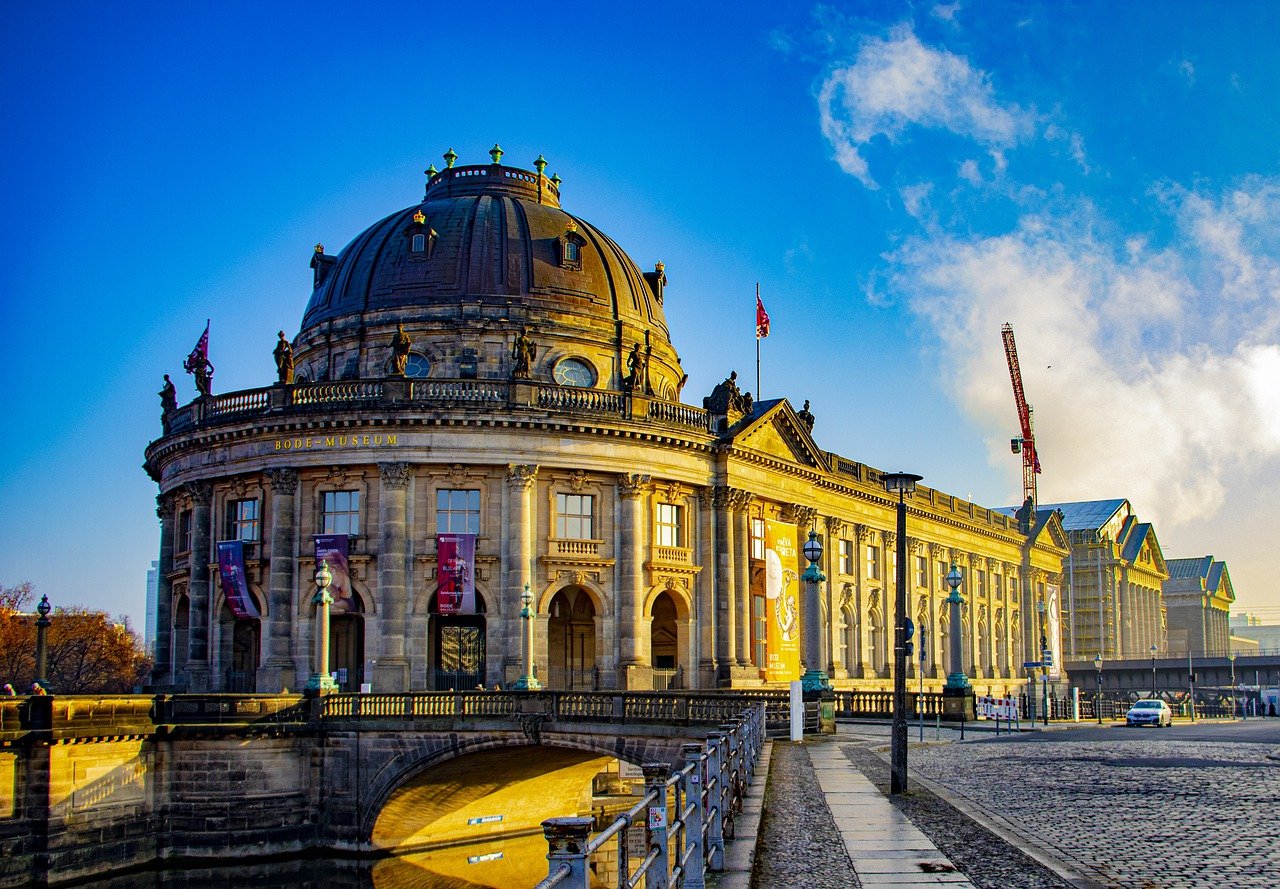The annual Culture and Computer Science conference series focuses on best practice examples, challenges and future trends at the intersection of culture and computer science focussing fields like physical and virtual spaces, mixed, extended, augmented, and virtual reality, hybrid systems, 3D technology, data collection and management, media integration, modelling, visualisation, and interaction. The conference addresses employees of cultural and creative industries, art and culture professionals, media and communication scientists, computer scientists, engineers, designers, and architects who conduct research and development on cultural topics.
Starting in 2023, the KUI conference, which had always taken place in Berlin until then, became itinerant with its first meeting in Lisbon, Portugal, followed by a conference in Florence, Italy, in 2024 and returning to Berlin, Germany, in 2025.
The KUI abbreviation originated in the former German naming of the “Kultur und Informatik” conference series, which was replaced in 2013 with “Culture and Computer Science” due to the increased international focus.







